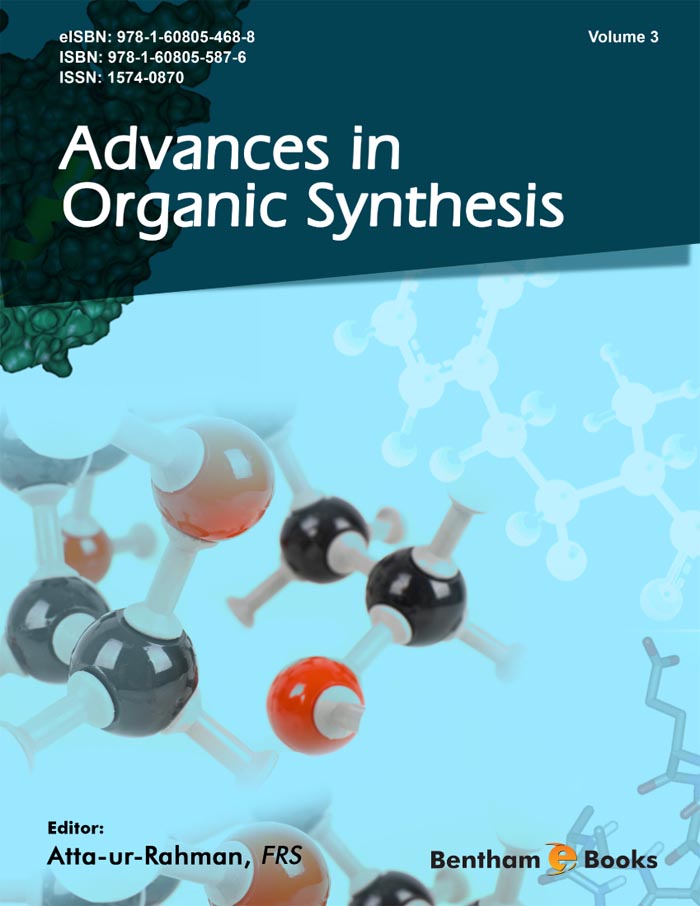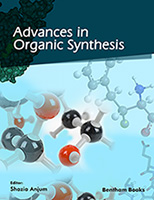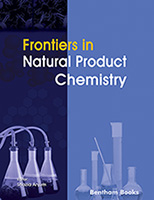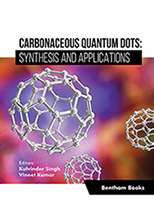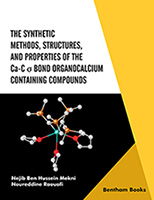Preface
Advances in Organic Synthesis presents the recent developments in various cutting edge fields of organic synthesis. The articles are written by leading authorities in their respective fields. In the first article, Verpoort and coworkers describe the synthesis of homogeneous and immobilized catalysts employing bidentate Schiff base ruthemium complexes. In another review, Cadierno and Crochet discuss the formation of furan and pyrrole derivatives with the help of ruthemium-based catalysts. In another interesting contribution, Norsikian and coworker review the control of the regio-selectivity in palladium(0)-catalyzed allylation of soft nucleophiles.
Next, Huang and Wang focus on the nature of the true catalytic species in Heck reactions which were supported by Pd-silica particles. In another review, Nomura and Kitiyanan have reviewed the synthesis of new polyefins having polar functions by using transition metal catalysis.
Statins have been widely used in modern medicine for treatment of dyslipidemias. Liljebald et al. describe the preparation of statin side chains with two asymmetric centres based on biocatalysis for industrial production.
Palomo describes the modulation of enzyme activity by immobilizing them in order to enhance their selectivity. He has reviewed the methodology to obtain henantio-selective catalysts in asymmetric reactions, by altering enzyme conformation through chemical reactions or by changing environmental conditions.
In the last chapter of this eBook, Yao and Kabalka review the reaction of a valuable starting material in organic synthesis – propargylic alcohols. They discuss the replacement of the hydroxyl group in propargylic alcohols by direct propargylic substitution.It is hoped that the eBook will be of wide interest to synthetic organic chemists and medicinal chemists working in these exciting fields.
I am grateful for the timely efforts made by the editorial personnel, especially Mahmood Alam (Director Publications), Taimur A. Khan and Sarah A. Khan at Bentham Science Publishers.
Atta-ur-Rahman, FRS
Kings College
University of Cambridge
Cambridge
UK

